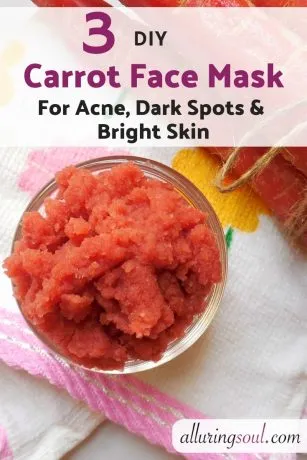Why Use Carrot Face Mask for Skin Whitening
In the quest for radiant, even-toned skin, the carrot face mask has emerged as a popular and natural remedy. But why carrots? Carrots are packed with nutrients that can significantly contribute to skin whitening and overall health. This guide explores the benefits, recipes, and application methods of carrot face masks to help you achieve a brighter complexion. The use of carrot masks represents a gentle, natural approach to skincare, suitable for various skin types. They offer a way to harness the power of nature’s ingredients, avoiding harsh chemicals that can often be found in commercial products. Carrot face masks can be a valuable addition to your skincare routine, offering a pathway to a healthier, more luminous skin. This is why carrots have become a go-to ingredient for many people looking to improve their skin tone and texture.
Benefits of Carrot Face Mask
Carrot face masks offer a multitude of benefits beyond just skin whitening. The high antioxidant content, particularly beta-carotene, helps protect the skin from damage caused by free radicals. This can lead to a reduction in the appearance of wrinkles and age spots, promoting a more youthful complexion. Additionally, carrots contain Vitamin C, which plays a crucial role in collagen production, contributing to skin elasticity and firmness. The anti-inflammatory properties of carrots can also soothe irritated skin and reduce redness, making them beneficial for those with sensitive skin. Regular use of carrot face masks can improve skin hydration, giving it a healthy glow. This natural approach helps to reduce the need for commercial products that may contain harsh chemicals.
Vitamins and Nutrients for Skin Whitening
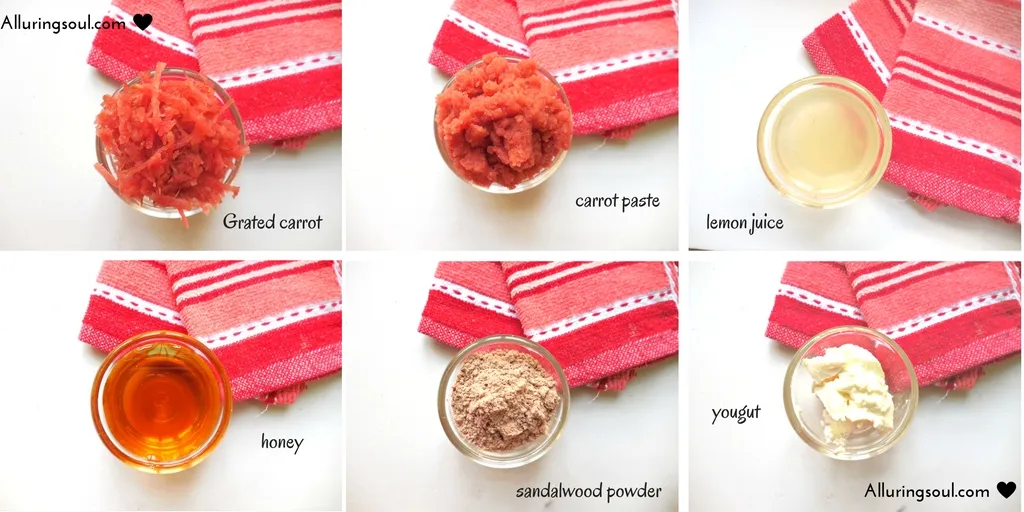
Carrots are a powerhouse of vitamins and nutrients that are essential for skin health and whitening. Beta-carotene is a precursor to Vitamin A, which promotes cell turnover, helping to shed dead skin cells and reveal a brighter layer underneath. Vitamin C is another key ingredient, as it is a powerful antioxidant that helps to brighten skin and reduce hyperpigmentation. It also plays a vital role in collagen synthesis, which helps keep skin firm and reduces the appearance of fine lines. Carrots also contain Vitamin K, which can help reduce the appearance of dark circles and blemishes. These vitamins work together synergistically to promote a more even skin tone and a healthier complexion. The regular intake of these nutrients provides long-term health benefits, and carrot face masks are one way to ensure that these nutrients are utilized.
How Carrot Masks Work on Skin
Carrot face masks work through a combination of exfoliation, antioxidant protection, and nutrient delivery. The natural enzymes in carrots gently exfoliate the skin, removing dead cells and revealing a brighter complexion. The antioxidants, such as beta-carotene and Vitamin C, neutralize free radicals, preventing further skin damage and reducing the appearance of age spots. Furthermore, the vitamins and minerals in carrots nourish the skin cells, promoting healthy skin cell function. The process of applying a carrot mask stimulates blood circulation, leading to better nutrient delivery and oxygenation of the skin. This results in increased hydration and a natural, healthy glow. The effects are not instant, but regular use can gradually lighten and even out the skin tone, resulting in a brighter, more radiant appearance. This non-invasive process allows users to improve their skin health naturally.
Types of Carrot Face Masks
There are numerous variations of carrot face masks, each offering unique benefits. The base of these masks typically includes grated or pureed carrots, but additional ingredients can be added to boost their effectiveness. These ingredients can be tailored to address specific skin concerns and enhance the whitening effect. Some popular additions include honey, lemon juice, yogurt, and turmeric. Each ingredient adds a different layer of benefits, like moisturizing (honey), brightening (lemon), or anti-inflammatory (turmeric). Experimenting with different combinations allows individuals to create a personalized skincare routine that suits their skin type and preferences. These different types of masks offer a flexible, natural approach to skincare, allowing users to create the best mask for their specific needs.
Simple Carrot and Honey Mask
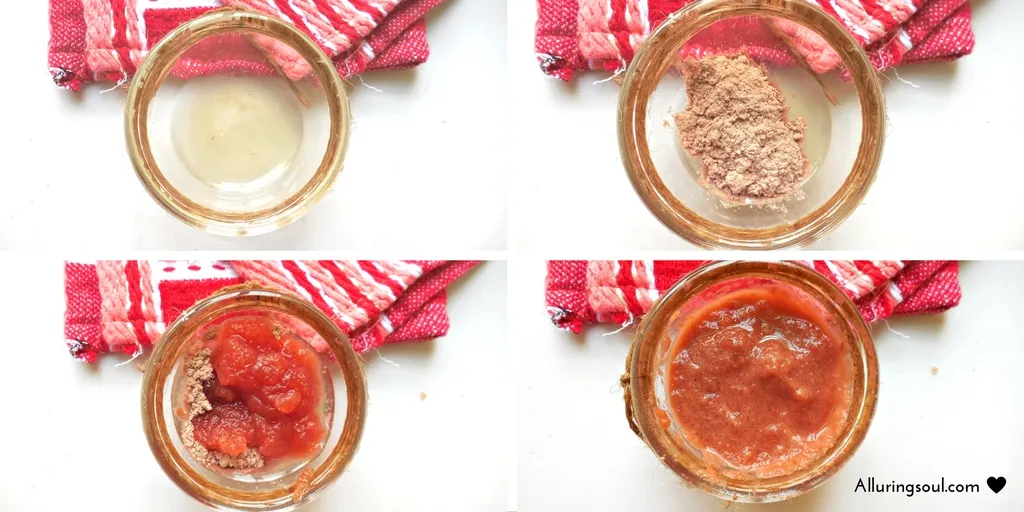
This mask combines the whitening properties of carrots with the moisturizing benefits of honey. To prepare it, you’ll need finely grated carrots and raw honey. Mix equal parts of the ingredients to create a smooth paste. Apply the mixture evenly to your face, avoiding the eye area. The honey helps to bind the mask together and moisturizes the skin, while the carrots provide the whitening effect. Leave the mask on for 15-20 minutes before rinsing with lukewarm water. This simple combination is ideal for those seeking both brightening and hydration. The simplicity of this recipe makes it perfect for a quick and easy skincare routine. The regular use of this mask can lead to noticeably softer and brighter skin. This recipe offers a natural way to improve skin tone and texture.
Carrot, Lemon, and Yogurt Mask
This mask is a powerhouse for skin whitening and exfoliation. Start with grated carrots, then add a teaspoon of fresh lemon juice (known for its brightening properties) and a tablespoon of plain yogurt (which contains lactic acid for gentle exfoliation). Combine the ingredients well and apply the mixture to your face. The lemon juice helps to fade dark spots and brighten the skin, while the yogurt gently exfoliates, removing dead skin cells. Leave the mask on for about 15 minutes and rinse with lukewarm water. This mask is particularly effective for those dealing with uneven skin tone and hyperpigmentation. This combination of ingredients creates a powerful treatment for skin health.
Carrot and Turmeric Mask Recipe
This mask combines the benefits of carrots with the anti-inflammatory and antioxidant properties of turmeric. Start with grated carrots and mix in a pinch of turmeric powder and a tablespoon of plain yogurt. Turmeric helps to reduce inflammation and can contribute to skin whitening. Apply the mask evenly to your face and leave it on for 15-20 minutes. Rinse thoroughly with lukewarm water. This mask is perfect for those with sensitive skin or anyone looking to reduce redness and inflammation while brightening their skin. The combination of these ingredients provides a comprehensive approach to skin health, offering both anti-inflammatory and whitening benefits. This natural approach helps improve skin appearance without the use of harsh chemicals.
Steps to Apply a Carrot Face Mask

Applying a carrot face mask is a simple yet effective process. Begin by thoroughly cleansing your face to remove any makeup, dirt, or oil. This ensures that the mask can effectively penetrate the skin. Next, prepare your chosen mask according to the recipe. Apply the mask evenly to your face, using your fingers or a clean brush, avoiding the eye area. Allow the mask to sit for the recommended time, usually 15-20 minutes. During this time, relax and avoid making facial expressions, which can pull at the skin. Once the time is up, gently rinse the mask off with lukewarm water. Pat your face dry with a soft towel and follow with a moisturizer to hydrate the skin. The overall application process is straightforward and can easily be incorporated into your skincare routine.
Preparing Your Skin
Before applying a carrot face mask, preparing your skin is crucial for optimal results. Start by washing your face with a gentle cleanser to remove any impurities. This ensures that the mask can effectively penetrate the skin and deliver its benefits. If you have oily skin, consider using a gentle exfoliant to remove dead skin cells, which can improve the mask’s absorption. Pat your face dry with a soft towel, leaving it slightly damp to aid the application of the mask. Preparing your skin properly enhances the effectiveness of the mask and helps you achieve the desired results faster. This step maximizes the benefits of the carrot face mask.
Applying the Mask
Applying the carrot face mask is an important step that can affect the results. Using clean fingers or a soft brush, apply an even layer of the mask to your face, avoiding the sensitive eye and lip areas. Ensure the mask covers all areas you wish to treat. Make sure the mask isn’t too thick or too thin, as this can affect the drying time and effectiveness. After applying, relax and allow the mask to work its magic for the recommended time. The key is to be gentle and ensure that the mask makes full contact with your skin for optimal absorption. This simple application method is the perfect way to ensure that your carrot face mask works effectively.
Rinsing and Moisturizing
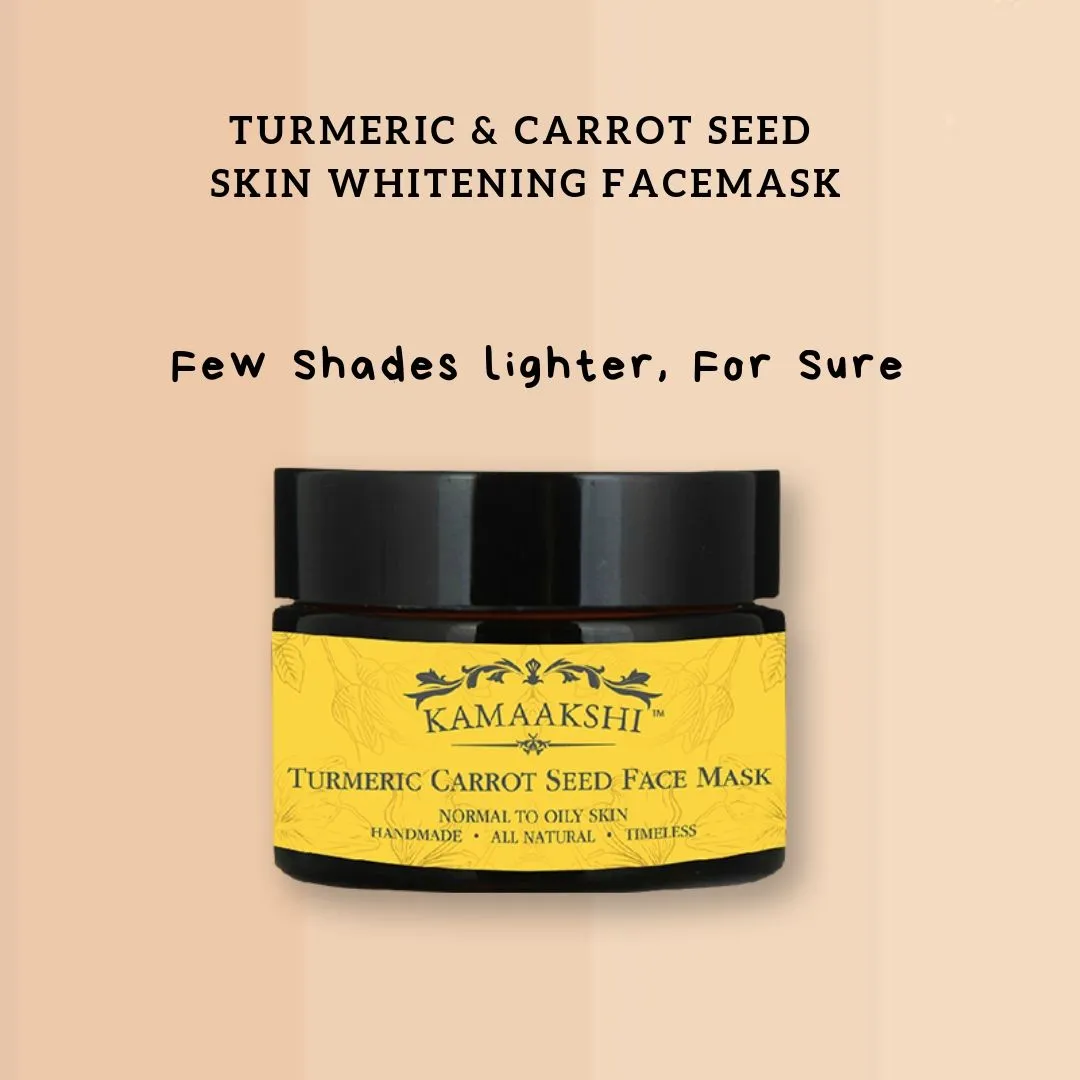
After the mask has done its work, rinsing and moisturizing are essential steps. Use lukewarm water to gently remove the mask, making sure that you remove all traces. Pat your face dry with a clean, soft towel, avoiding harsh rubbing. Immediately after rinsing, apply a moisturizer to hydrate and lock in the benefits of the mask. Choose a moisturizer that suits your skin type – a lightweight lotion for oily skin and a richer cream for dry skin. Moisturizing helps to keep your skin soft, supple, and hydrated, enhancing the effects of the carrot face mask. The combined effect of the mask and moisturizer is a key part of a comprehensive skincare routine.
Tips for Best Results
To maximize the effectiveness of carrot face masks, consistency and proper preparation are key. Apply the mask regularly, but not excessively. Follow the recommended frequency for your skin type. Always prepare your skin properly by cleansing and, if necessary, exfoliating before application. Avoid using hot water, which can dry out the skin. Pat your face dry gently after rinsing. Be patient and consistent with your routine to see the best results. Taking these extra steps will ensure that your carrot face mask routine delivers the best possible results. The goal is to promote healthier, brighter skin over time.
Frequency of Use
The frequency of using a carrot face mask depends on your skin type and the specific mask ingredients. For most skin types, applying a carrot face mask 1-3 times per week is a good starting point. If you have sensitive skin, start with once a week and gradually increase the frequency if your skin tolerates it well. Overuse can sometimes lead to dryness or irritation. It’s important to listen to your skin and adjust the frequency accordingly. If you experience any redness or discomfort, reduce the frequency or try a different mask recipe. The key is to find a schedule that fits your skin’s needs and helps you achieve your desired results without causing any negative side effects. Adapting your routine based on how your skin reacts is the best way to achieve long-term results.
Other Ingredients to Boost Whitening
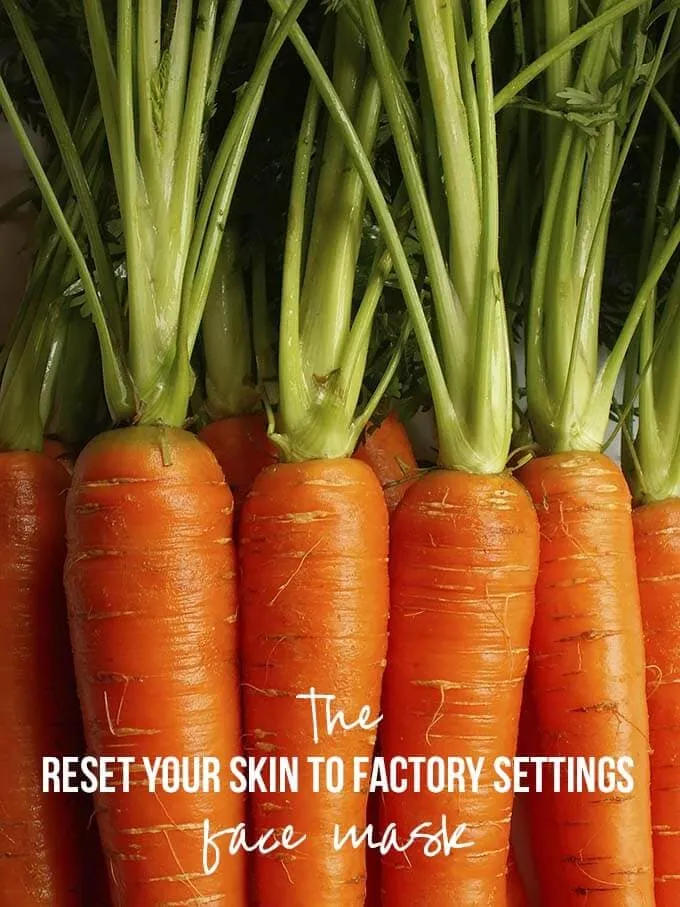
To further enhance the skin whitening effects, you can combine carrot masks with other natural ingredients known for their brightening properties. Ingredients like lemon juice, which contains citric acid, are well-known for their ability to lighten skin. Yogurt, containing lactic acid, provides gentle exfoliation. Turmeric, with its curcumin, helps with inflammation and can contribute to skin brightening. Honey is a natural humectant that moisturizes and soothes the skin. When choosing ingredients, consider your skin type and any sensitivities you may have. Starting with a patch test is always recommended, especially with ingredients like lemon juice, to ensure you don’t experience any adverse reactions. The combined effect of these natural ingredients can boost the whitening results of your carrot face mask, and is a good way to personalize your skincare routine.
Precautions and Considerations
While carrot face masks are generally safe and beneficial, there are a few precautions to keep in mind. Always perform a patch test on a small area of skin before applying the mask to your entire face, especially if you have sensitive skin or are trying a new ingredient. Avoid getting the mask into your eyes, and rinse thoroughly if contact occurs. If you experience any redness, itching, or irritation, discontinue use immediately. If you have any pre-existing skin conditions, such as eczema or rosacea, consult a dermatologist before using carrot face masks. For those using lemon juice, avoid direct sun exposure after application, as it can increase sun sensitivity. These precautions ensure that you can safely and effectively incorporate carrot face masks into your skincare routine. Consulting a professional is important for those with skin conditions.
Possible Side Effects
While carrot face masks are typically well-tolerated, some people may experience side effects. Mild redness or tingling can occur, especially with masks containing lemon juice. In rare cases, allergic reactions can occur, leading to itching, swelling, or hives. If you notice any adverse reactions, discontinue use immediately and consult a dermatologist. Excessive use of carrot masks can sometimes lead to skin dryness. It is important to moisturize well after each application. Monitoring your skin’s response to the mask and adjusting your routine accordingly will help you minimize any potential side effects and ensure that the mask is working effectively for your skin. The goal is always to nourish and improve your skin.
Consulting a Dermatologist

If you have specific skin concerns, such as severe acne, hyperpigmentation, or any other skin conditions, it is advisable to consult with a dermatologist before incorporating carrot face masks into your routine. A dermatologist can assess your skin type, diagnose any underlying issues, and provide personalized recommendations. They can also advise on the appropriate frequency of use and any potential interactions with other skincare products or treatments. A dermatologist can also offer guidance on the most effective mask formulations for your specific needs. Seeking professional advice ensures that you are taking the safest and most effective approach to achieve your desired skin whitening results. This is especially important if you have any existing skin conditions or sensitivities.
